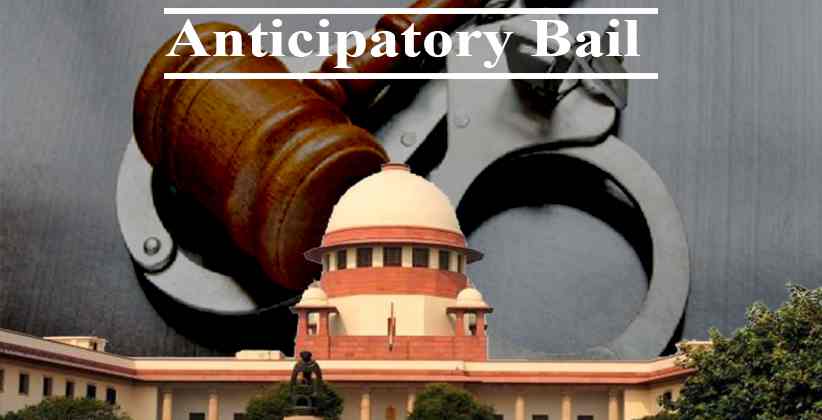The Supreme Court of India on 29 January, 2020 ruled that no time limit could be fixed for granting an anticipatory bail. The bail could continue until the end of the trial. The judgement was delivered by a five-judge constitutional bench comprising Justices Arun Mishra, Indira Banerjee, Vineet Saran, MR Shah and Ravindra Bhat.
The bench had reserved its judgement in the case of Sushila Aggarwal & Ors. v. State (NCT of Delhi) & Anr., on 24 October, 2019.
Previous decisions in cases such as Shri Gurbaksh Singh Sibbia & Ors v. State of Punjab, Siddharam Satlingappa Mhetre v. State of Maharashtra and Others, have stated that anticipatory bail should not be for a limited period of time, while cases such as Salauddin Abdulsamad Shaikh v. State of Maharashtra call for the limited duration of the anticipatory bail.
The ApexCourt, however, opined that the anticipatory bail could be extended with suitable conditions, under Section 438 of the Code of Criminal Procedure, 1973.
The pre-arrest bail does not end when accused is summoned. However, it is open for the court to do so. Such relief, however, does not restrict power of police to investigate an offence, the bench ruled.
Parliament has not thought it appropriate to curtail the rights of citizens. It will be dangerous to restrict such a power of arrest, said the bench headed by Justice Arun Mishra.
Right to life and personal liberty are civil rights that every individual possesses by virtue of being human, which are acknowledged through Article 21 of the Constitution of India, 1949. The concept of bail flows from these natural rights and its practice is prescribed in Article 22 (2) as a working theorem and its corollaries can be found in the provisions of the Code of Criminal Procedure, 1973.
Anticipatory Bail is granted before the arrest takes place and can be invoked only if a person is apprehending an arrest for a non-bailable offence. Under Section 438, the person can move either to the High Court or the Court of Sessions with the same apprehension and assuage the court to grant him an order under which he would be entitled to be released in case he is arrested. One can seek an anticipatory bail even before an FIR is filed, given that one has a reason to believe in a future arrest.
Author: Nandini Gandhi









